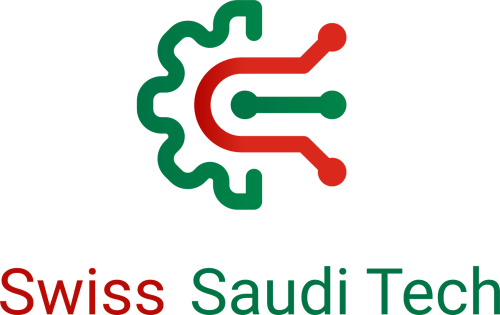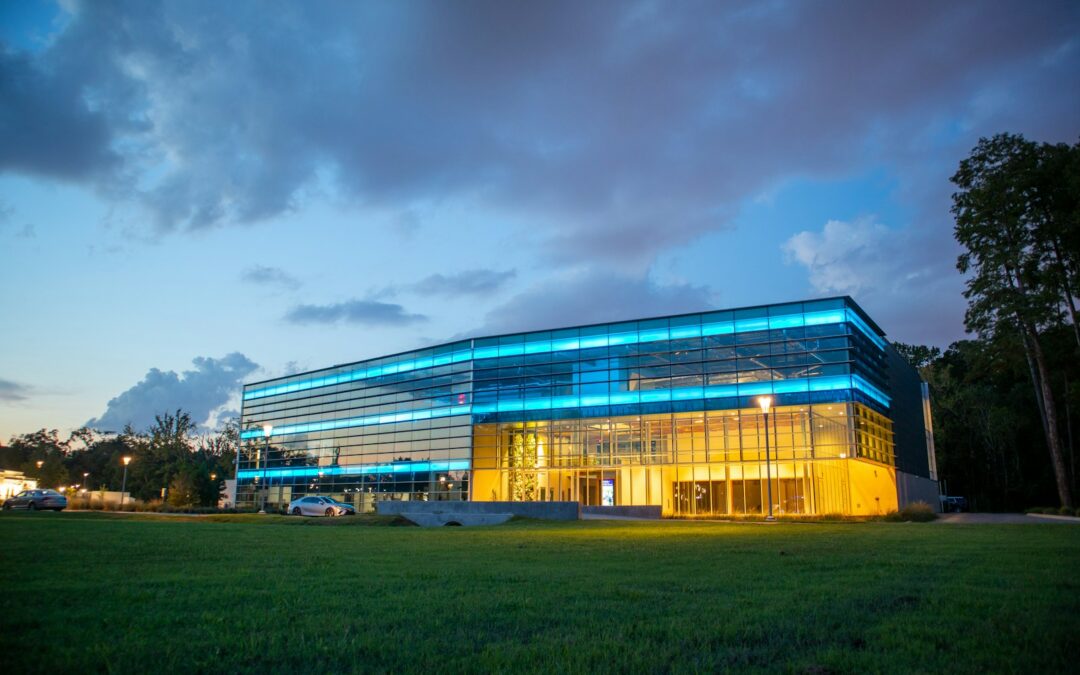Driving Urban Development Through Technological Integration in Architecture
Smart Buildings in Saudi Arabia are at the forefront of the urban development strategy, embodying the integration of advanced technologies like AI and IoT to revolutionize building management and energy efficiency.
Emerging Trends in Smart Building Technology
The concept of smart buildings is increasingly becoming synonymous with urban progress in major Saudi cities such as Riyadh and Jeddah. These structures are equipped with advanced IoT sensors and AI-driven systems that automate a wide range of facilities management tasks, from energy consumption monitoring to security and environmental control. This technological shift not only enhances building efficiency but also significantly reduces operational costs and energy consumption, supporting Saudi Arabia’s Vision 2030 goals for sustainability and economic diversification. Moreover, the adoption of these smart technologies in buildings is encouraging a more sustainable approach to urban living, aligning with global standards for green construction.
AI and IoT: Revolutionizing Building Management
At the heart of smart building operations in Saudi Arabia are Artificial Intelligence (AI) and the Internet of Things (IoT), which together create a highly efficient, responsive, and adaptive management system. AI algorithms are used to analyze data collected by IoT sensors to optimize energy usage and maintain environmental conditions, which ensures maximum comfort for occupants while minimizing waste. This integration not only makes buildings smarter but also greener; by reducing energy consumption, smart buildings play a crucial role in the nation’s efforts to decrease carbon emissions and combat climate change. The proactive use of these technologies in the real estate sector is setting new benchmarks for construction practices worldwide.
Boosting Economic Viability with Smart Infrastructure
Smart buildings are not only about environmental and efficiency gains; they also significantly contribute to the economic landscape of Saudi Arabia. By reducing operational costs and enhancing the longevity of building infrastructure, smart technology lowers the overall lifecycle expenses of buildings. This economic advantage makes smart buildings a lucrative investment for businesses and contributes to attracting foreign investment in the Saudi real estate market. Additionally, the high-tech nature of these constructions supports the creation of high-skilled jobs and promotes the development of a knowledge-based economy as envisioned in Saudi Arabia’s strategic plans for the future.
Enhancing Urban Quality of Life Through Smart Design
Smart buildings in Saudi Arabia also focus on improving the quality of life for their occupants. Automated systems control lighting, temperature, and air quality to ensure optimal living conditions, which boosts productivity and well-being. Furthermore, these buildings are designed to be inclusive, providing easy access and advanced security features that enhance the living and working environments for all residents. This aspect of smart building technology is particularly important in densely populated urban areas, where the well-being of citizens is a priority.
Sustainable Development and the Role of Green Buildings
The push towards smart buildings is also a push towards more sustainable urban environments. Green building techniques, such as the use of renewable energy sources like solar panels, are often integrated into smart buildings. This not only helps reduce environmental impact but also aligns with global sustainability goals. Saudi Arabia’s commitment to sustainable development through smart building initiatives is an integral part of its Vision 2030 reform plan, which aims to reduce dependency on oil revenues and diversify the economy.
Preparing for the Future: Saudi Arabia’s Smart City Ambitions
As Saudi Arabia continues to innovate within its architectural and urban planning sectors, the concept of smart buildings is expanding to encompass entire smart cities. These cities promise to be more than just spaces for efficient energy use; they are envisioned as interconnected communities that use technology to enhance connectivity, healthcare, education, and overall urban governance. The development of smart cities in Saudi Arabia is poised to set a global standard for urban development and represents a forward-thinking approach to accommodating the future needs of a growing population.
Integrating Modern Technology in Traditional Construction
As Saudi Arabia advances its urban development, integrating modern technology into traditional construction methods is key. This approach not only preserves cultural aesthetics but also enhances the functionality and sustainability of buildings. The fusion of old and new is seen as essential in maintaining the architectural heritage while providing all the benefits of modernity.
#SmartBuildings, #EnergyEfficiency, #SaudiArabia, #SustainableArchitecture, #IoT, #AIOptimization, #GreenBuildings, #KSAUrbanDevelopment, #SmartCities, #BuildingManagement











